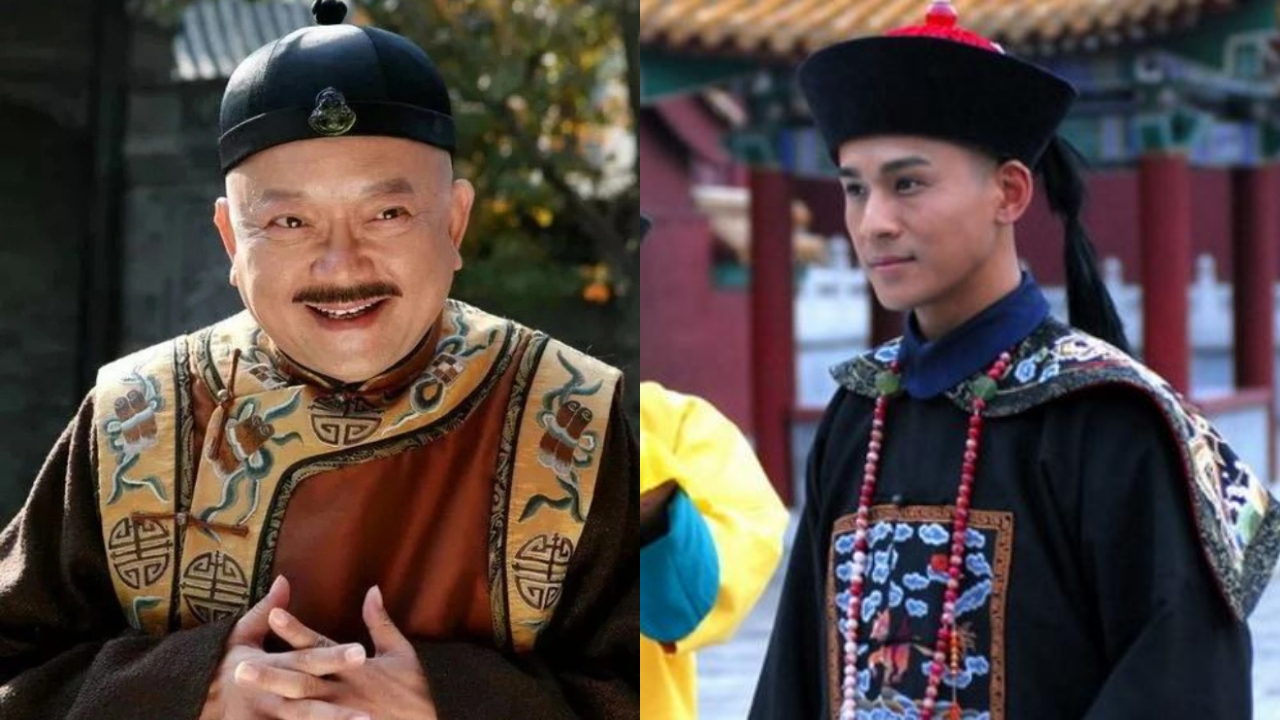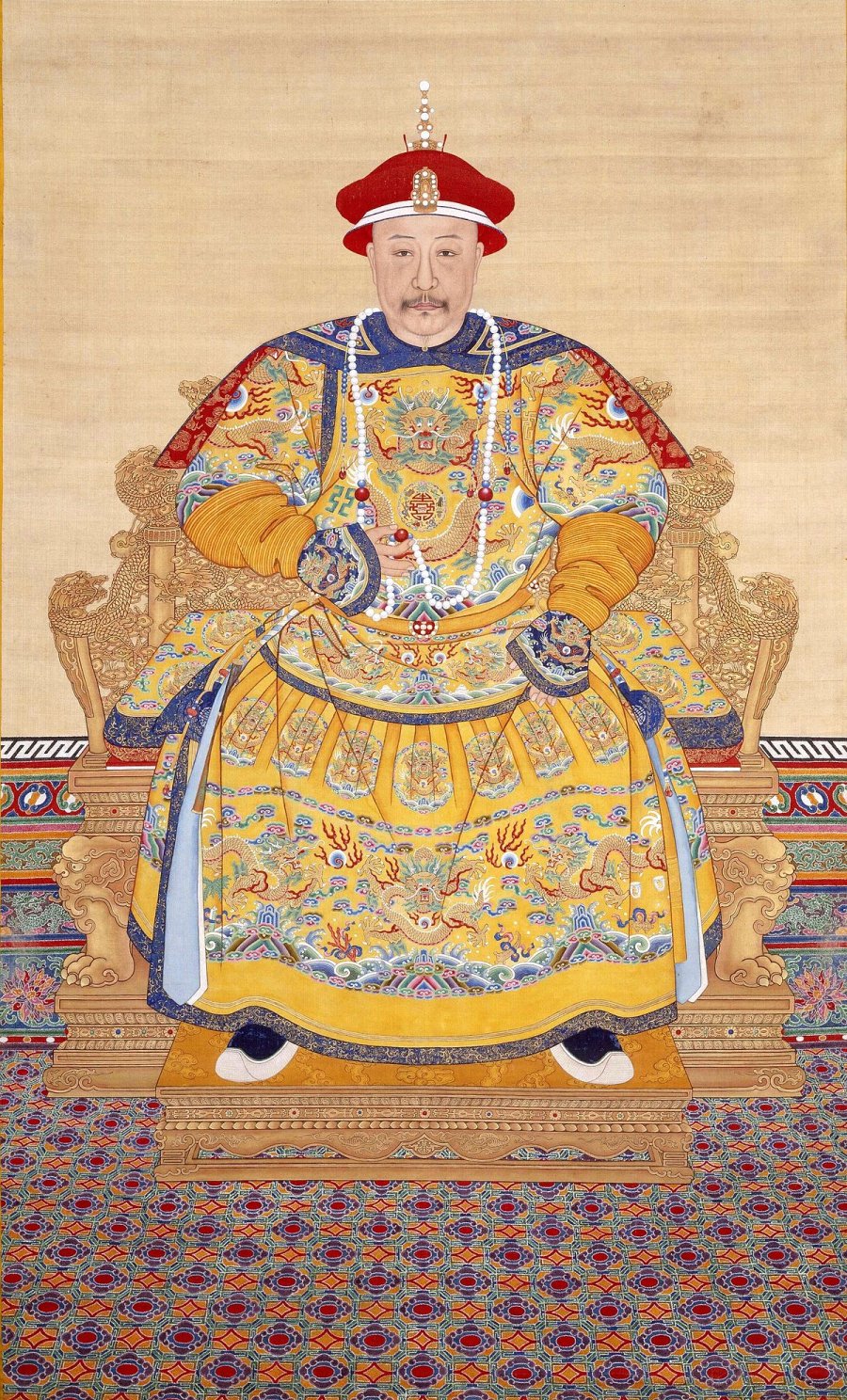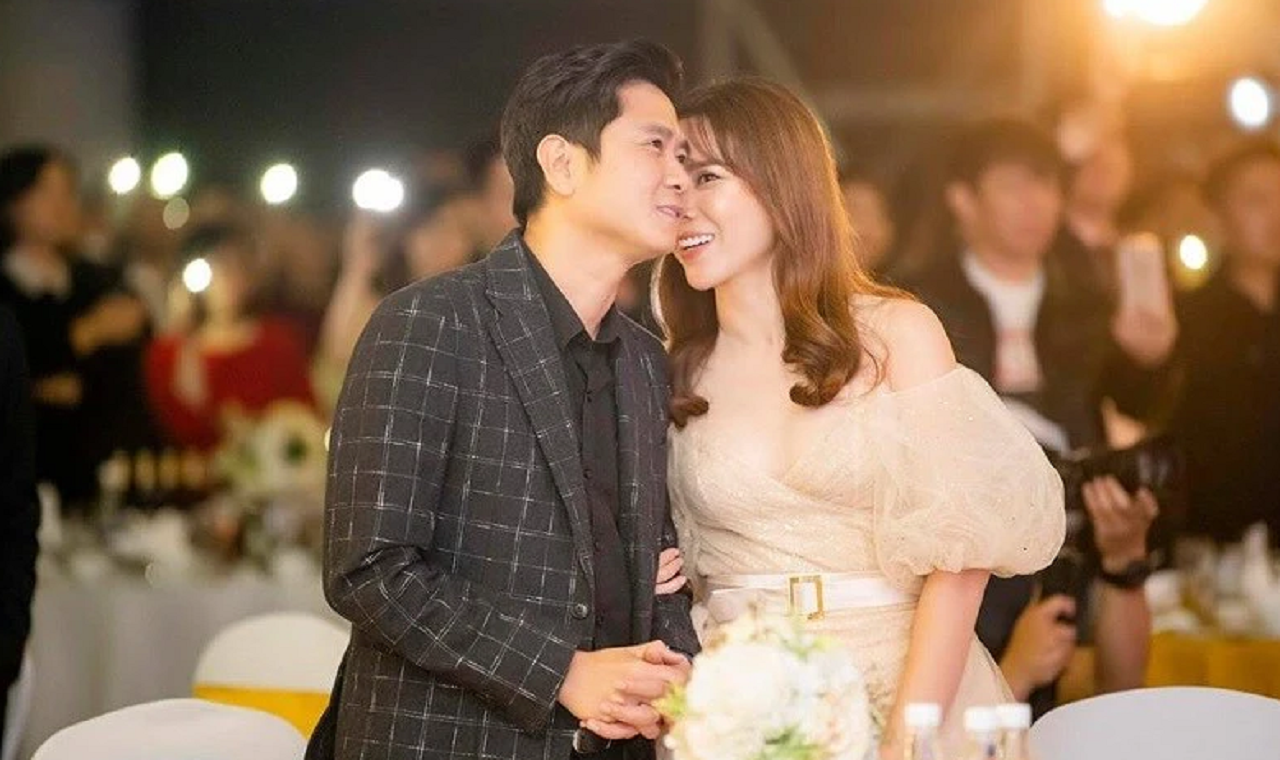( Yeni ) – He Than – the most notorious corrupt official in Chinese history, known for his ultimate power during the Qianlong dynasty. However, few people know that the real “support” that helped him manipulate the court was not King Qianlong, but another mysterious character.
The road became a great tour of Hoa Than
When mentioning Hoa Than, people often imagine a powerful, intelligent and cunning figure during the reign of Emperor Qianlong. Born in 1750 with the name Thien Bao, of the Niu Ho Loc family, a Manchu tribe in China, Hoa Than did not come from a very famous family but still had aristocratic roots.
During his early years, Hoa Than had to face many family events: his mother died when he was only 3 years old and his father passed away when he was 9 years old. Hoa Than’s childhood became even more difficult because of his inconsistent relationship with his stepmother.
According to records from the “Complete History of China”, in 1761, Hoa Than and his brother were selected to enter Ham An Palace, a special school for the children of imperial officials, under the conditions must belong to the Bat Ky lineage. Despite his academic talent, joining Ham An Cung is not easy because of the extremely high tuition fees. Their father, who was known for his integrity, did not leave behind much wealth, forcing Hoa Than to sell his inheritance to be able to pay for his education.
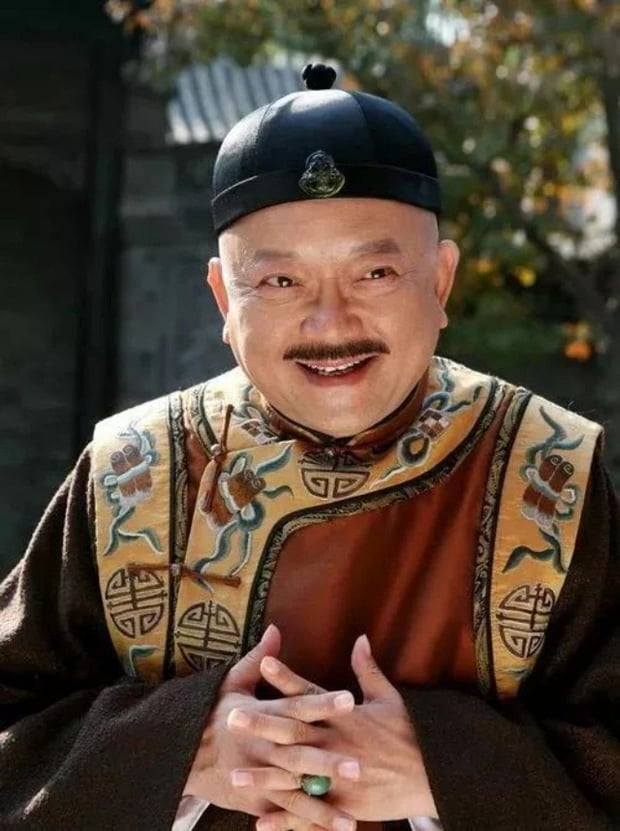
When mentioning Hoa Than, people often imagine a powerful, intelligent and cunning figure during the reign of Emperor Qianlong.
During his studies, Hoa Than not only focused on learning languages such as Manchu, Han, Mongolian and Tibetan, but also mastered the Four Books and Five Classics. What is special is that he also practiced writing in the style of Emperor Qianlong, a smart strategy to attract the emperor’s love.
In 1774, Hoa Than paid a sum of money to accept the position of third-class guard, a rather modest position in the official system. However, with his ability to behave skillfully, he quickly won the trust of Emperor Qianlong, thereby climbing to the pinnacle of power and wealth.
Hoa Than was awarded the title of First Class Trung Tuong Cong by the emperor, and at the same time held many high-ranking positions such as Grand Academician of the Van Hoa Palace, Chairman of the Cabinet, Grand Academician, Great Minister Linh of the Military Commission, Minister of The Ministry of Home Affairs, the Ministry of Justice, the Ministry of Justice, and the Court of Justice, as well as the General Manager of the Home Office and the Academician Chancellor of the Academy. This concurrent holding of many important positions not only reflects Hoa Than’s working ability but also shows the favor that Can Long has for him.
The power and power that Emperor Qianlong gave to Hoa Than was such that he considered himself as important as the successor to the throne. In the first year of Gia Khanh’s reign, in 1796, Qianlong held a grand ceremony to pass the throne to the fifteenth Prince, Gia Than Prince Vinh Diem, while he himself would hold the position of Thai Thuong Emperor. Although no longer sitting on the throne, Qianlong still kept a hand on major national decisions, especially running the military and appointing officials, causing Hoa Than to maintain his grip on power. alone in the royal court.
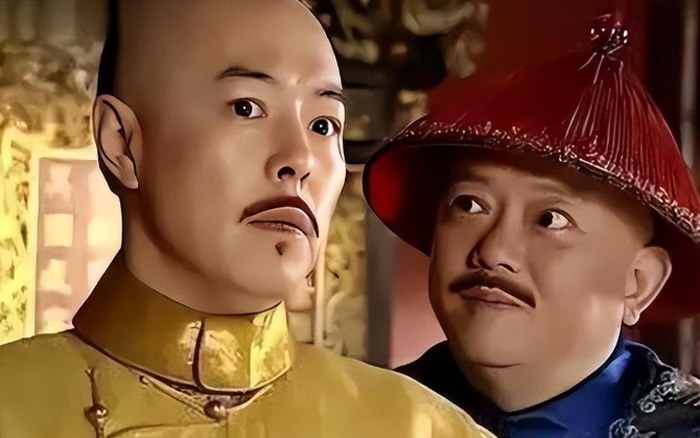
The power and power that Emperor Qianlong gave to Hoa Than was such that he considered himself as important as the successor to the throne.
In Gia Khanh’s second year, that is, 1797, when Qian Long appeared at court, he had Hoa Than stand in a higher position on his right, while Gia Khanh stood on the left. This happened because Qianlong’s voice was too soft, and He Than would be the one to convey his orders, making every word He Than said became the emperor’s words.
Although he was the emperor in name, Gia Khanh had no real power and had to follow Hoa Than’s arrangements. Hoa Than took advantage of this to cause chaos in the officialdom, by accumulating wealth and power through bribery and corruption. History books later recorded that: “During the period of Gao Tong Qianlong of the Qing Dynasty, Hoa Than gained power, made waves in the court, formed factions, went against morality, making any scholar No one dares to hinder.”
Emperor Gia Khanh felt very dissatisfied and gradually harbored the intention to eliminate Hoa Than. On January 3, the fourth year of Gia Khanh’s reign, February 7, 1799, when Emperor Qianlong passed away at the age of 88, Gia Khanh took the opportunity to act against Hoa Than. This emperor publicly announced a list of 20 serious crimes committed by Hoa Than and ordered him sentenced to death and confiscation of all assets. However, Gia Khanh later changed his decision, not allowing Hoa Than to suffer a painful death but forced him to commit suicide at his home. The royal palace also confiscated a huge amount of Hoa Than’s assets, estimated to be up to 1.1 billion taels of silver, a huge amount of money that, according to many rumored sources, is equivalent to the amount of money held by the Qing Dynasty treasury. It takes up to 15 years to accumulate.
The truth about Hoa Than’s “pedestal”.
There is a view from many Chinese researchers that Qianlong’s death was not the only reason for the fall of He Than. Instead, the loss of important “support” after Qianlong’s death may have been the main reason why Gia Khanh had the opportunity to punish him. The “pedestal” that Hoa Than relies on is none other than his younger brother – Hoa Lam.
Hoa Lam, Hoa Than’s younger brother, served under King Qianlong as a general. Hoa Than has taken care of and raised Hoa Lam since he was a child, so Hoa Lam is always loyal and obeys his brother’s every word.
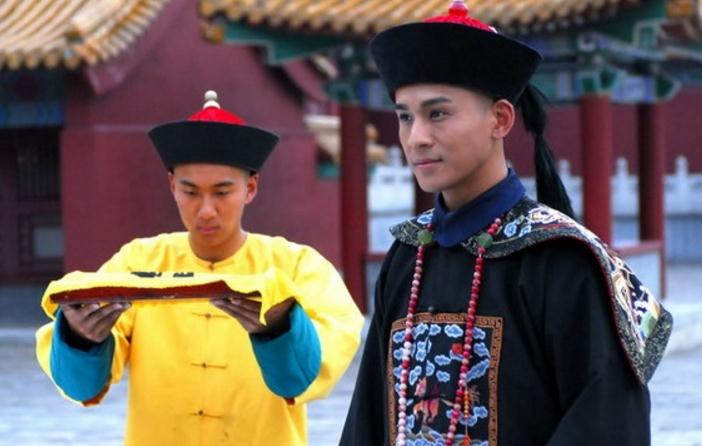
Hoa Lam, Hoa Than’s younger brother, served under King Qianlong as a general
Hoa Lam once pacified Tibet and quelled the Miao and Hui rebellions, achieving notable military achievements. More notably, after Phuc Khang An passed away, Hoa Lam was appointed Chief of Military Affairs. Clearly, military power is in the hands of Hoa Lam, while Hoa Than holds many senior roles in the government. The association between the two brothers could create great turmoil for the court. For this reason, Gia Khanh must carefully consider all his actions. The king realized that punishing Hoa Than could encourage Hoa Lam to use the army to protest, changing the entire situation that he had planned.
However, in the first year of the Gia Khanh dynasty (1796), Hoa Lam died due to illness at the camp in Que Chau, which caused a great loss for Hoa Than as he lost a strong pillar. This incident, along with Qianlong’s death, opened up an opportunity for Gia Khanh to seize and eliminate Hoa Than.
[yeni-source src=”https://www.giaitri.thoibaovhnt.com.vn/cho-dua-quyen-luc-thuc-su-giup-hoa-than-thao-tung-trieu-dinh-khong-phai -can-long-805071.html” alt_src=”https://phunutoday.vn/cho-dua-quyen-luc-thuc-su-giup-hoa-than-thao-tung-trieu-dinh-khong-phai- can-long-d407727.html” name=”giaitri.thoibaovhnt.vn”]

